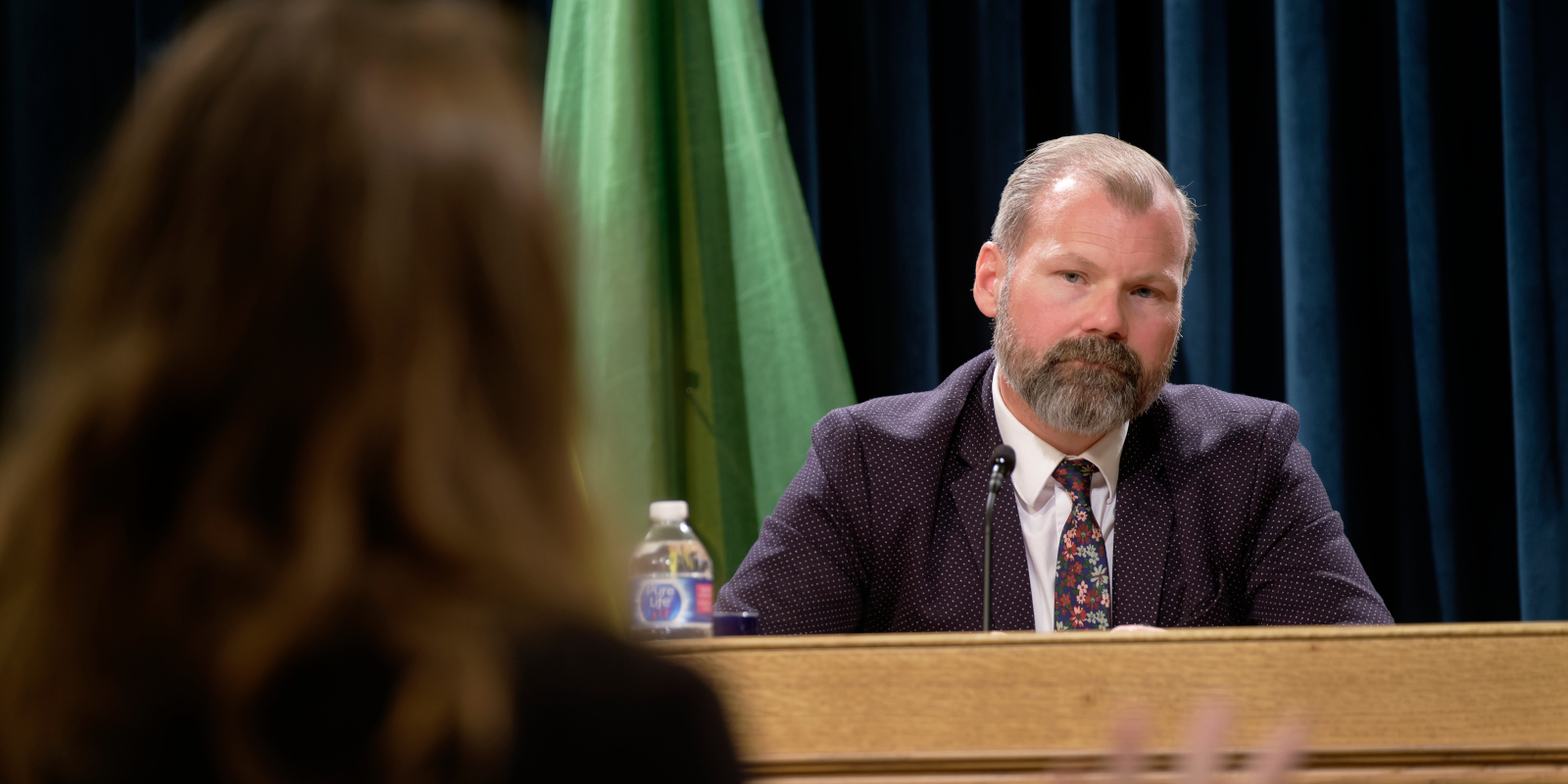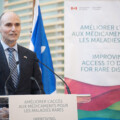Legal challenges are being prepared as several Canadian provinces begin to implement new pronoun policies and legal experts say some parts of these laws are more vulnerable than others.
The requirement of parental consent to name or pronoun changes in schools could very well be defeated in court, but the requirement to merely inform parents has a good chance of surviving a court challenge, legal experts say.
“In Saskatchewan, gender identity is recognized as a ground of discrimination,” says Joanna Baron, the executive director of the Canadian Constitution Foundation, who does not believe any policy requiring parental consent for gender identity or pronoun changes would be upheld.
Public schools in Saskatchewan will be required to inform parents if their child changes their pronouns or gender identity while under the age of 16. The policy will further require the school to obtain parental consent to register those changes at the schools.
This week, progressive advocacy groups threatened legal action to challenge the policy in court, stating that it violated the Charter of Rights and Freedoms. On Thursday, the University of Regina’s Pride Centre, UR Pride, represented by the non-profit Egale Canada with the help of the law firm McCarthy Tétrault LLP, officially filed legal action against the Saskatchewan government.
Baron believes similar lawsuits to the one threatened by UR Pride will not be going away anytime soon.
“I think it is going to become common, as far as I understand Egale, which is an LGBTQ rights non-profit, they’re very animated on this issue, and obviously it’s a flash point,” says Baron. “So I think you’ll see a challenge even where it’s a milder version of policy.”
The Saskatchewan government’s decision follows a similar one made by its counterpart in New Brunswick, which sparked a national debate on the role of parents in the decisions made by their children in public schools.
While recent polling shows as much as 85 percent of all Canadians believe parents should be informed when their child makes those choices, fewer are inclined to agree that parental consent should also be required to authorize those changes.
Baron says that when Stephen Lecce, Ontario’s minister of education, came out in favour of a similar policy, he only stated that parents must be involved, and did not explicitly endorse any parental consent requirements.
Marci Ien, the federal minister for women, gender equality, and youth says the policies in Saskatchewan and New Brunswick that require informing parents or obtaining their consent will put children in a “life or death” situation. However, Ien did not confirm that the federal government would join in any court challenges.
Asher Honickman, a partner at Jordan Honickman Barristers in Toronto and co-founder of the Runnymede Society, is not surprised that UR Pride and others are suing the Saskatchewan government, despite the polling data indicating the public overwhelmingly agrees with parents being informed. He predicts that litigation will continue to be brought by advocacy groups, rather than the children who are allegedly harmed by the law.
“What’s interesting is that ordinarily the plaintiff or the applicant, in such litigation, would be the child because that’s the person who has the most direct interest in this,” says Honickman. “A child has to have what we call litigation guardian because the child can’t prosecute litigation on their own.”

Honickman says that it is becoming very common for the courts to hear cases that look increasingly political, rather than legal, in their goals.
While acknowledging that jurisprudence exists regarding parental rights and authority, Joanna Baron says it is often in a different context, such as parents objecting to their child’s blood transfusions in the case of Jehovah’s Witnesses. In 2017, a Quebec superior court ordered a 14-year-old Jehovah’s Witness with cancer to undergo a blood transfusion against her wishes.
And while Marci Ien declined to comment on whether Ottawa sees a role for itself in any potential court challenges, the cabinet minister said the Liberal government is keeping an eye on what unfolds.
“We’re watching closely as this develops,” Ien told the Canadian Press on Wednesday. “Obviously anything is possible, but I’m not going to comment on anything hypothetical at this time.”
Recommended for You

DeepDive: Two-parent families: why they’re so important—and why there’s cause for concern in Canada

Michael Geist: The University of Windsor ends its pro-Palestine campus encampment—but violates antisemitism and academic freedom standards

Joanna Baron and Dan Delmar: Government censorship is the wrong answer to society’s growing antisemitism

Mark Harding: A future Poilievre government is headed straight for a Senate showdown










